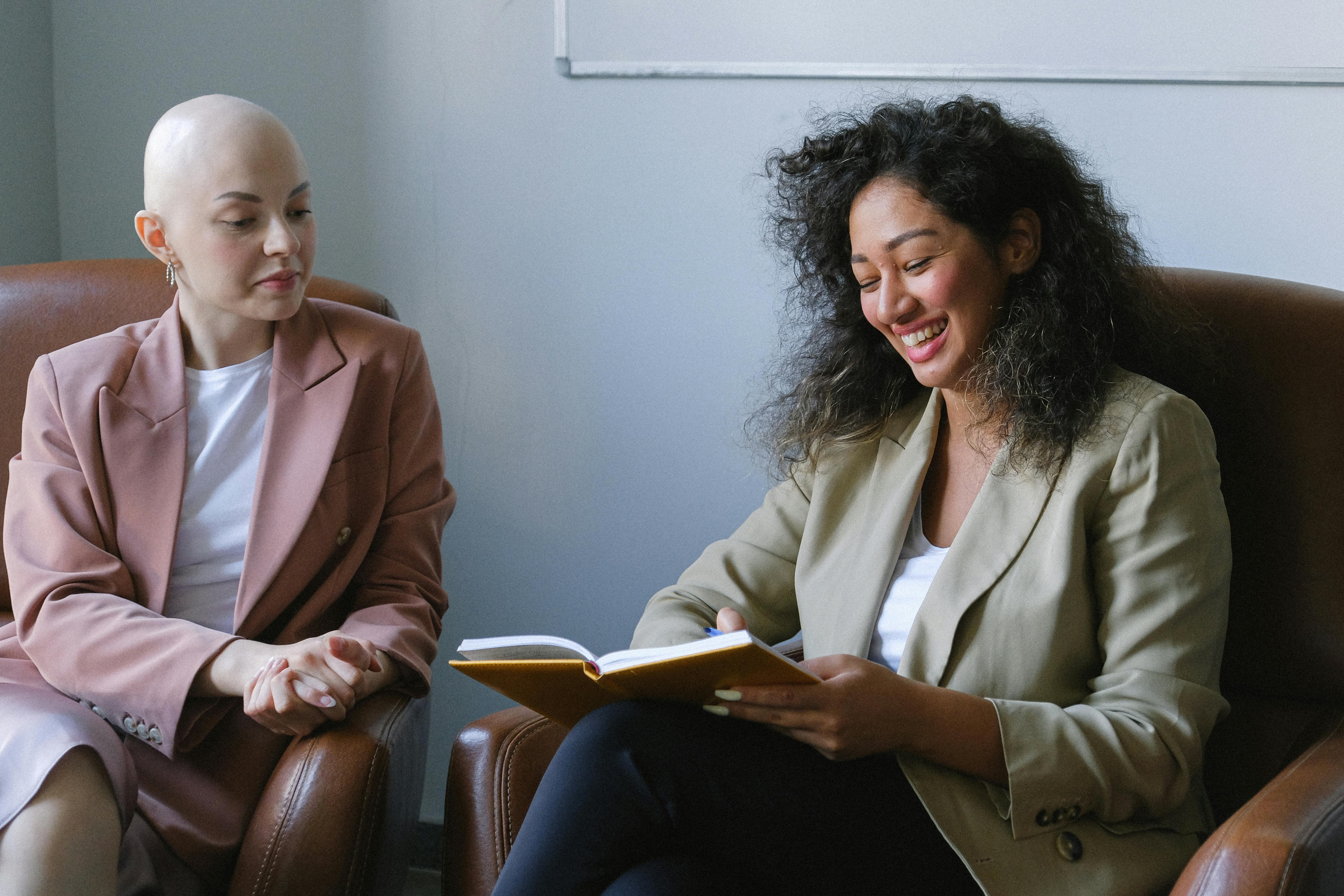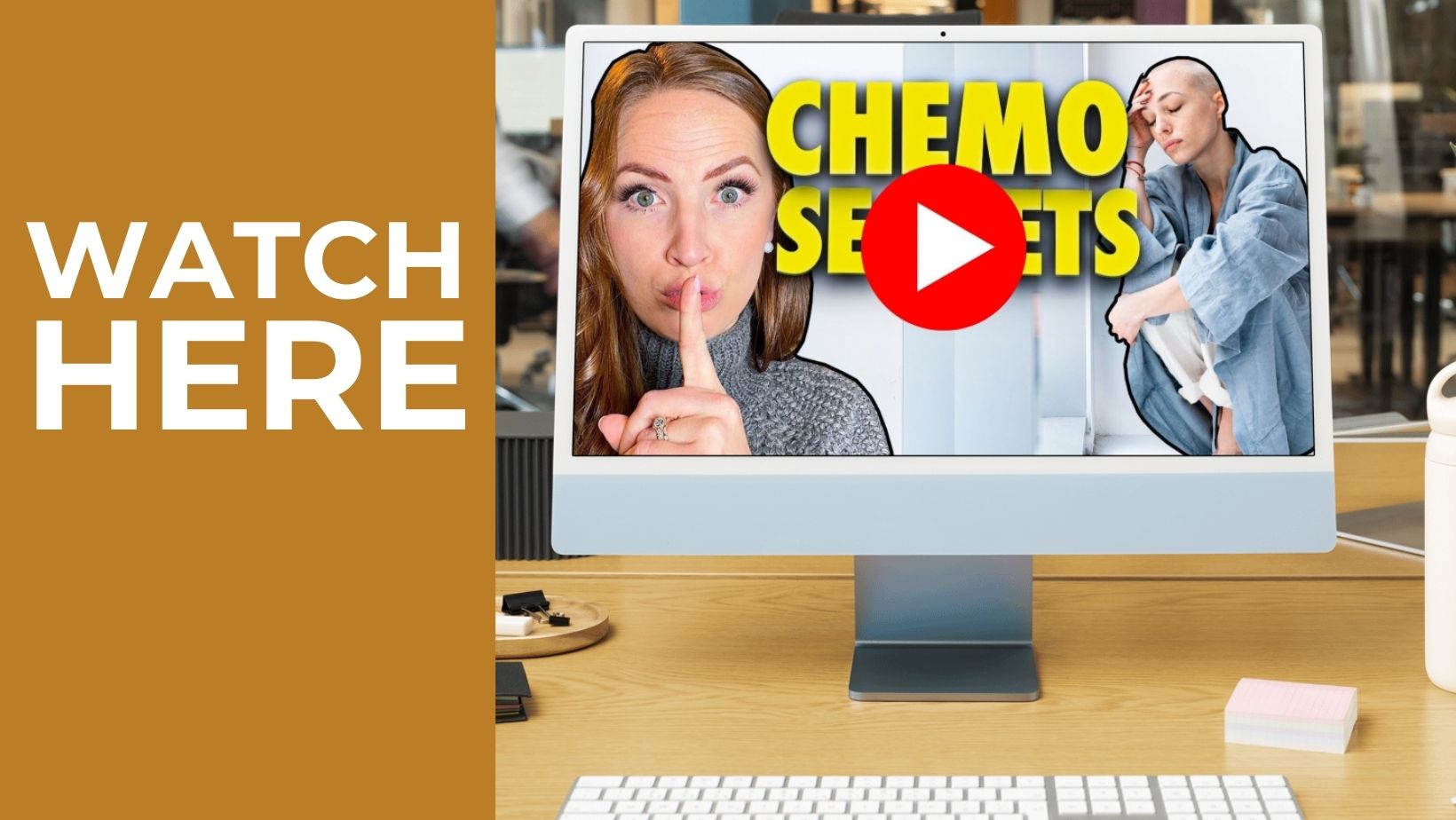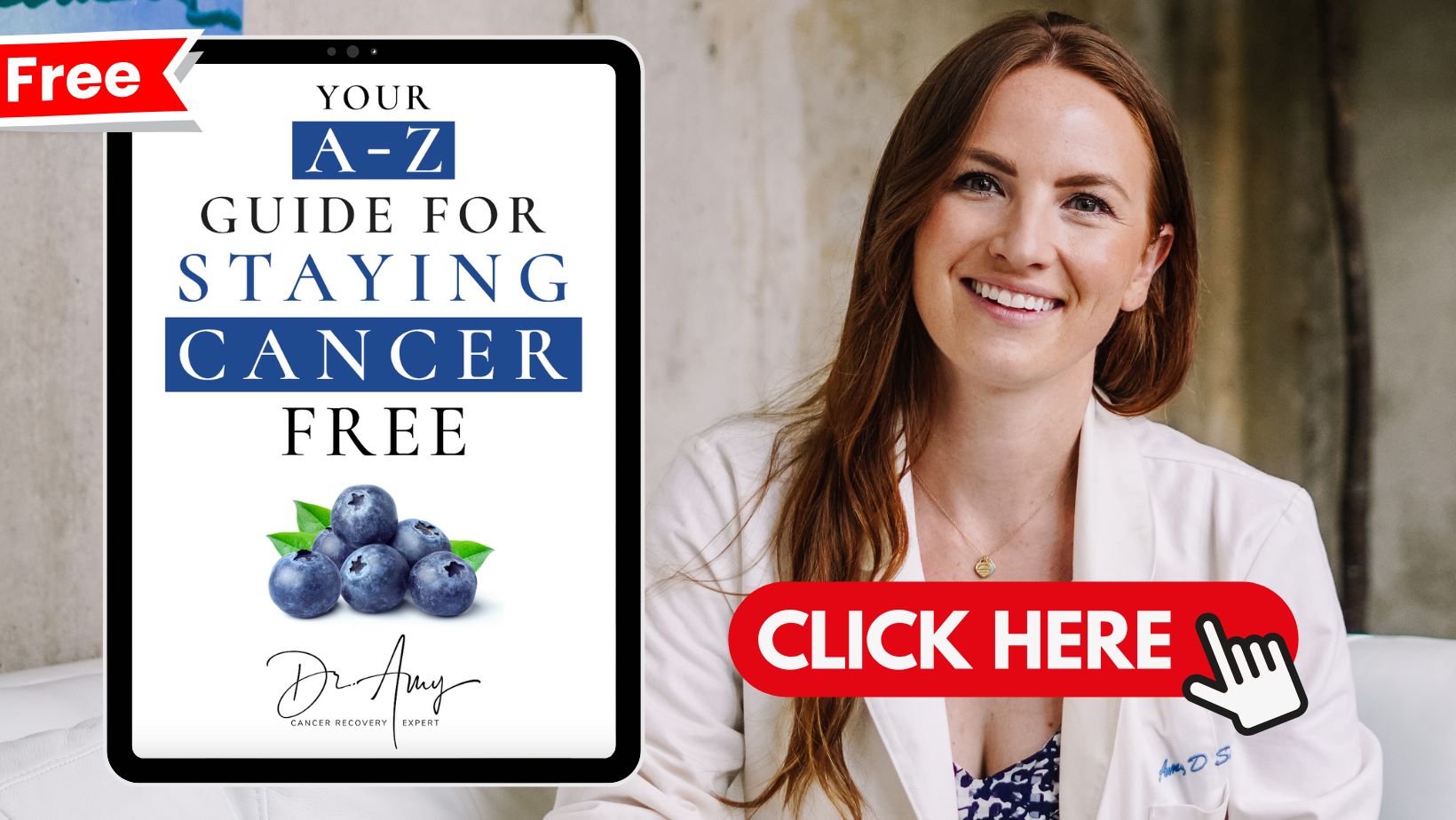12 Things NO ONE Tells You About CHEMO (DON’T MISS THIS)

What if the hardest parts of chemotherapy aren’t the ones you’ve been warned about?
Most people expect nausea, vomiting, and hair loss. But chemo impacts your body in ways that almost no one talks about—and if you don’t know what to expect, you could suffer needlessly.
Here are 12 things no one tells you about chemotherapy—and what you can do about them.
1. Nausea Isn’t the Most Common Side Effect
It’s normal to worry about throwing up during chemo. But thanks to modern anti-nausea medications, that’s no longer the most common issue.
Instead, exhaustion is the number one side effect—affecting up to 100% of people. And if you don’t take action, fatigue can last for months or even years after treatment.
2. Time Won’t Fix Your Energy
Many survivors believe their energy will “just come back.” The truth? Time alone won’t heal exhaustion.
You need targeted strategies—nutrition, exercise, and recovery planning—to rebuild stamina and truly reclaim your energy.
3. Your Taste Will Change
Chemo changes how almost everything tastes—even water. For some, plain water becomes nearly impossible to drink.
But hydration is crucial. Staying well-hydrated reduces nausea, minimizes side effects, and speeds recovery.
4. Hydration Becomes Your Job
During treatment, IV fluids help keep you hydrated. But once chemo stops, so does that support.
It’s up to you to drink enough fluids every single day to keep symptoms like fatigue and nausea from getting worse.
5. Not All Chemo Causes Hair Loss
Chemo comes in many forms—and not all of them make you lose your hair. Some women cut their hair short right away, only to find out they didn’t need to.
The stereotype of the bald, frail patient doesn’t apply to everyone.

6. But You Might Lose Your Nose Hair
It sounds small, but nose hair protects you from allergens and bacteria. Without it, your nose becomes more sensitive and runny during treatment.
7. Everyone Will Give You Advice (Ignore Most of It)
Neighbors, coworkers, even strangers will tell you what to eat, drink, or do during chemo. Most of it is wrong—and some of it can even be harmful.
Stick to evidence-based strategies from your oncology team or cancer recovery experts you trust.
8. Fertility Can Be Affected
Not all oncologists discuss this upfront—but many chemo drugs can affect fertility.
If you hope to grow your family after cancer, ask about fertility preservation before treatment begins.
9. “Eat Whatever You Want” Is Terrible Advice
Oncologists sometimes say this to encourage you to get calories in. But chips and ice cream won’t support your body the same way as lean protein, vegetables, and whole foods.
In fact, most women actually gain weight during chemotherapy—not lose it.
10. There’s No Such Thing as a “New Normal”
You don’t have to settle for being weaker or sicker after cancer.
With the right recovery plan, you can become stronger and fitter than before diagnosis. Cancer doesn’t define what’s possible for your health.

11. Chemo Can Weaken Your Nails
Some women develop brittle, weak, or discolored nails that flake or even fall off.
Cooling strategies—like icing your fingertips during infusion—may help reduce damage.
12. Neuropathy Can Linger for Years
Chemo-induced neuropathy feels like tingling, numbness, or burning in your hands and feet. Unlike other side effects, nerve damage takes years to repair.
The best approach is prevention—but if you already have neuropathy, there are strategies to support recovery.
Final Thoughts
Chemo comes with side effects no one talks about—but you don’t have to be left in the dark. With the right plan, you can minimize long-term damage and reclaim your life.
👉 Download Your A–Z Guide to Staying Cancer Free here and take the first step toward recovery with confidence.

